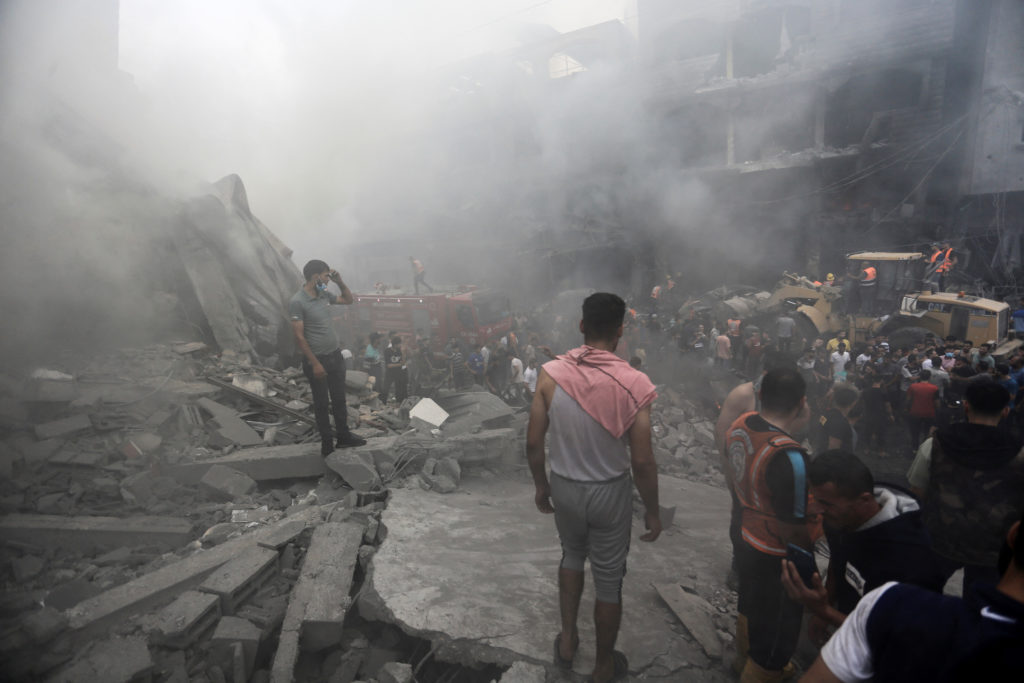Former president of Namibia, Sam Nujoma, who was instrumental in leading the country to independence, died at the age of 95 in Windhoek on Saturday. As the founding father of an independent Namibia, Nujoma led the South-West Africa People’s Organization (SWAPO) in a protracted struggle against white South African rule, a battle that spanned 24 years and was notably influenced by the geopolitical tensions of the Cold War. His death was confirmed by the current president of Namibia, Nangolo Mbumba, who noted that Nujoma had been hospitalized for an illness prior to his passing.
During his life, Nujoma was characterized by his adaptability, often swapping military fatigues for suits depending on the occasion. He balanced diplomacy with armed struggle in his long quest for Namibia’s liberation, a territory that had been a former German colony under South African administration. The pivotal moment for Namibia’s independence came in March 1990, catalyzed by a U.S.-mediated accord that led to the withdrawal of South African forces, reflecting a significant shift in the region's political dynamics influenced by the departure of 50,000 Cuban troops from Angola.
Although he had adopted the guerrilla name Shafiishuna, meaning "Lightning," throughout his leadership, there is little record documenting his direct involvement in combat. Following his return from exile after the formation of SWAPO in 1960, Nujoma emerged as a key figure in both the military and political landscape, uniting the Namibian people during periods of hardship. In his memory, national mourning is expected to be declared as the nation reflects on his contributions to its freedom and identity.
During his life, Nujoma was characterized by his adaptability, often swapping military fatigues for suits depending on the occasion. He balanced diplomacy with armed struggle in his long quest for Namibia’s liberation, a territory that had been a former German colony under South African administration. The pivotal moment for Namibia’s independence came in March 1990, catalyzed by a U.S.-mediated accord that led to the withdrawal of South African forces, reflecting a significant shift in the region's political dynamics influenced by the departure of 50,000 Cuban troops from Angola.
Although he had adopted the guerrilla name Shafiishuna, meaning "Lightning," throughout his leadership, there is little record documenting his direct involvement in combat. Following his return from exile after the formation of SWAPO in 1960, Nujoma emerged as a key figure in both the military and political landscape, uniting the Namibian people during periods of hardship. In his memory, national mourning is expected to be declared as the nation reflects on his contributions to its freedom and identity.



















